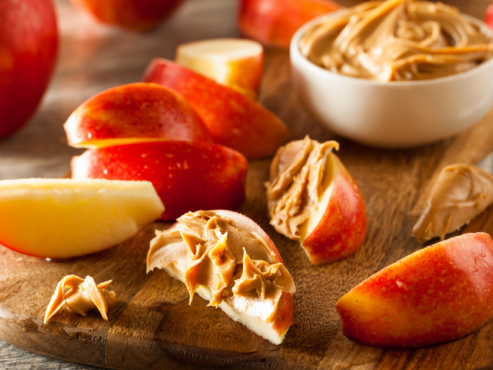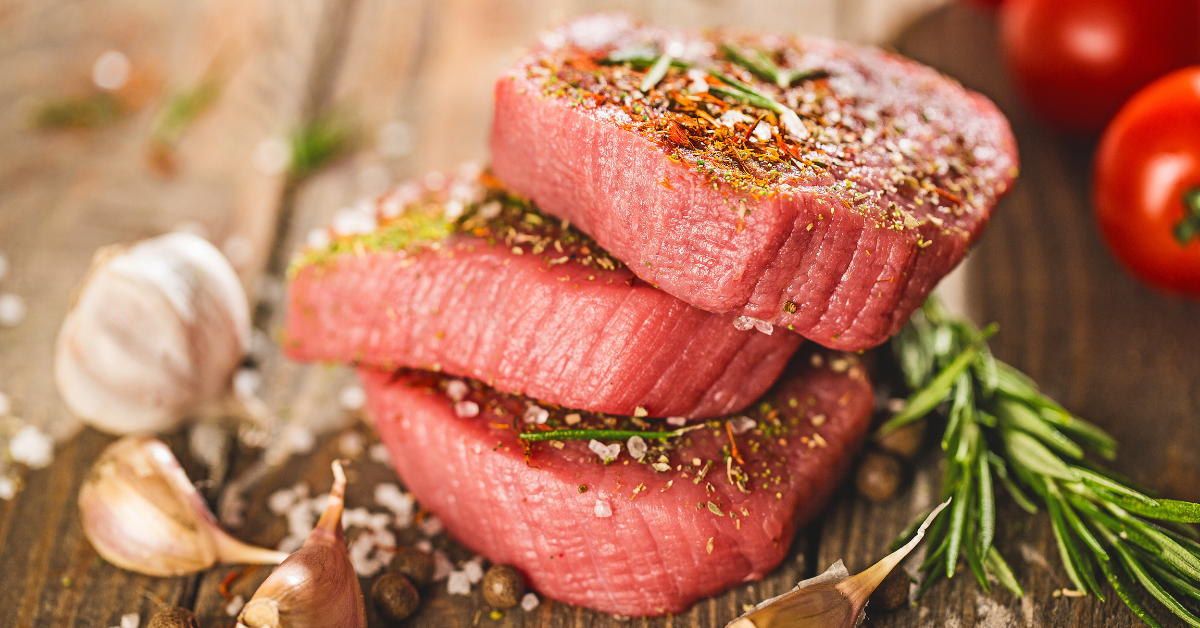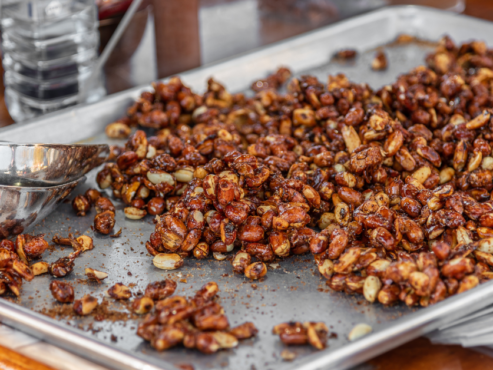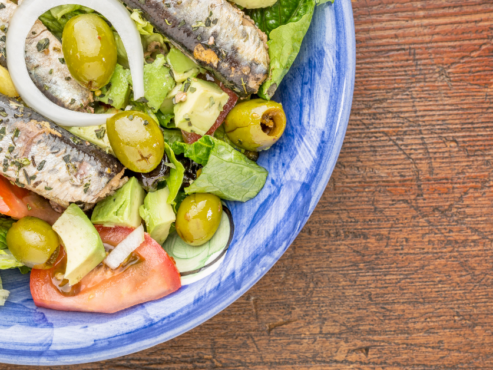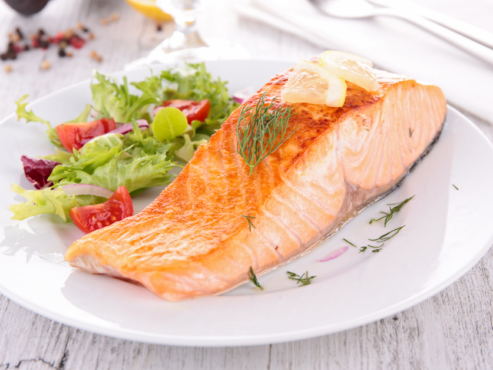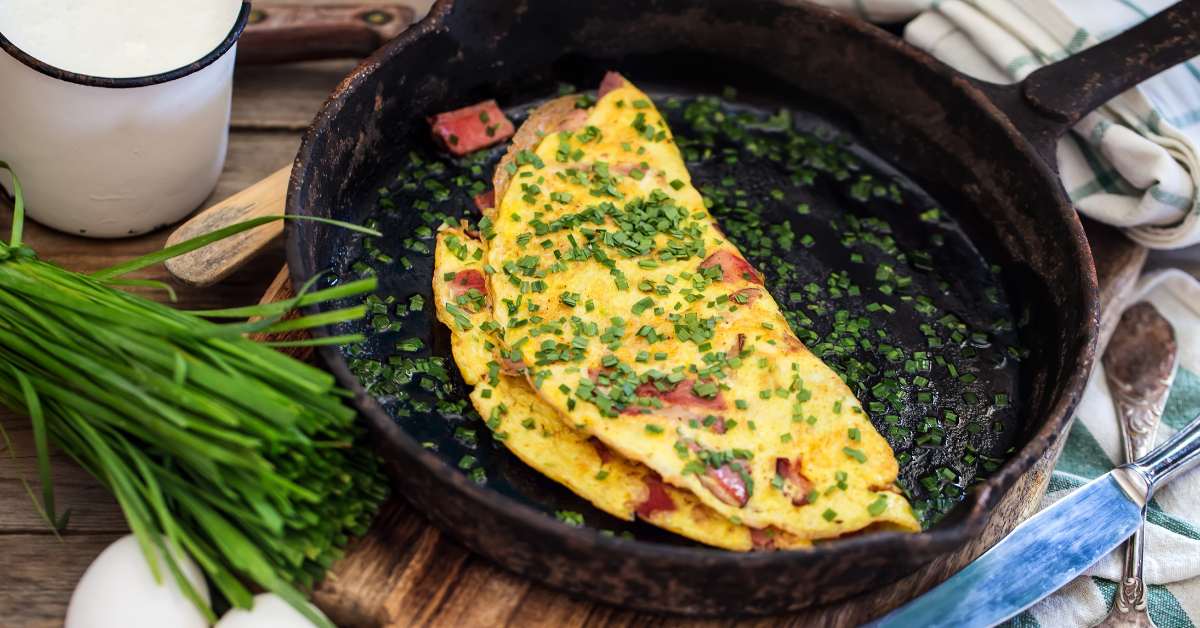
Losing fat and achieving your weight loss goals doesn’t have to be complicated. With dedication and a focus on basic habits and principles, you can make significant progress. In this comprehensive quick guide, we’ll provide you with the essential strategies to support your fat loss journey.
Training Intensity
One of the key factors in changing your body composition is training intensity. Prioritize giving your training sessions the focus they need by ensuring you are hydrated, well-rested, and properly fueled.
Food Quantity
Establishing a calorie deficit consistently is crucial for fat loss. While it may require discipline, paying attention to what you eat is essential. Avoid getting overwhelmed by social media and stay committed to your calorie goals.
Protein and Fiber
Prioritizing protein and fiber in your diet can help you feel fuller for longer, making it easier to maintain a calorie deficit. Additionally, protein protects muscle mass while restricting energy intake.
Rest
Rest days and quality sleep are non-negotiable when it comes to achieving great results. Avoid the common mistake of overtraining and give your body the time it needs to recover and adapt.
Sustainability
To achieve long-term success, it’s important to develop a sustainable approach. Keep your nutrition and training simple, allowing for consistent replication of healthy habits even with other responsibilities.
The Importance of Protein for Fat Loss
Protein plays a crucial role in supporting fat loss while preserving muscle mass. Here are a few reasons why protein is essential for your fat loss journey.
Reduced Appetite
Consuming adequate amounts of protein helps reduce appetite and food intake by increasing the levels of specific hormones that regulate hunger.
Thermic Effect of Food (TEF):
Protein has the highest thermic effect among macronutrients, meaning it requires more energy to digest, absorb, and transport. This results in a higher calorie burn compared to carbohydrates and fats.
Muscle Retention:
When in a calorie deficit, there’s a risk of breaking down muscle mass. However, by maintaining high protein intake, you provide your body with the necessary raw materials to preserve muscle mass while using stored fats for energy.
How Much Protein Do You Need?
For individuals with a healthy weight, aim to consume around 2-2.5 grams of protein per kilogram of body weight per day. This translates to approximately 0.4-0.6 grams per kilogram of body weight per meal.
Find full article on the macro split and intake here.
Practical Tips for Incorporating Protein
Use the hand portion system as a starting point. Include two palm-size portions of protein with your main meals and snacks. This simple approach can help you reach your protein goals effectively.
Start Your Fat Loss Journey Today
With the guidance provided here, you have the basic tools and knowledge to embark on your fat loss journey. Prioritize key habits, create a calorie deficit, optimize protein and fiber intake, rest adequately, and maintain sustainable practices. Take the first step towards achieving your weight loss goals and experiencing a healthier, leaner body.
